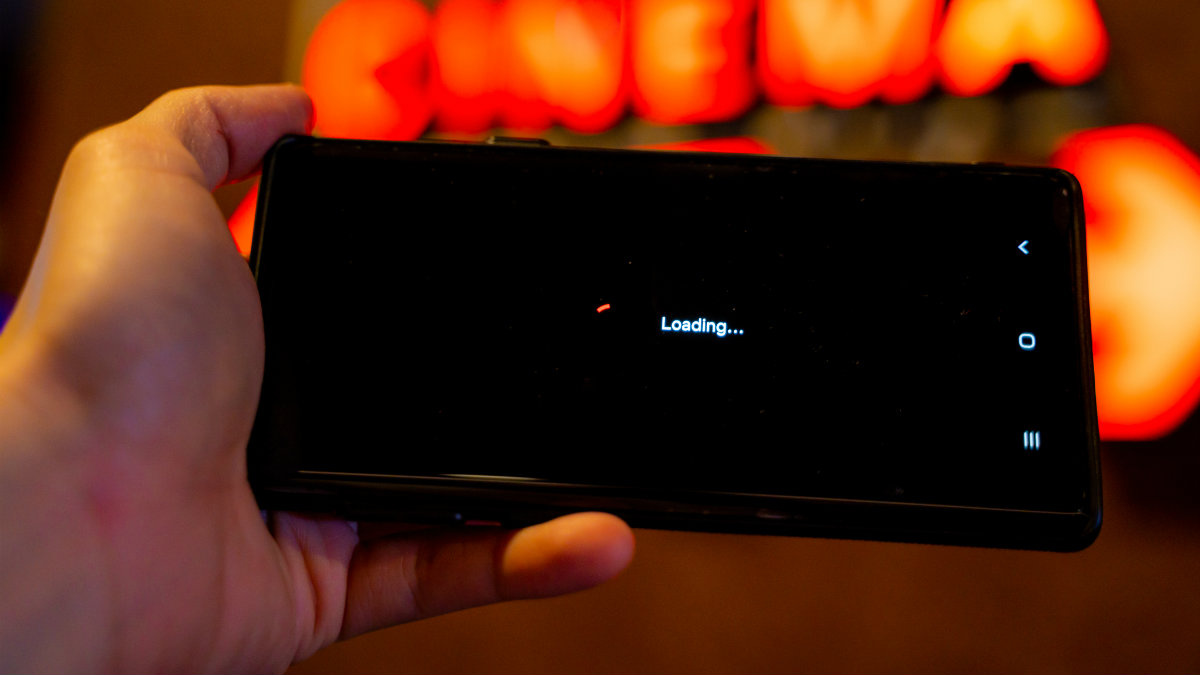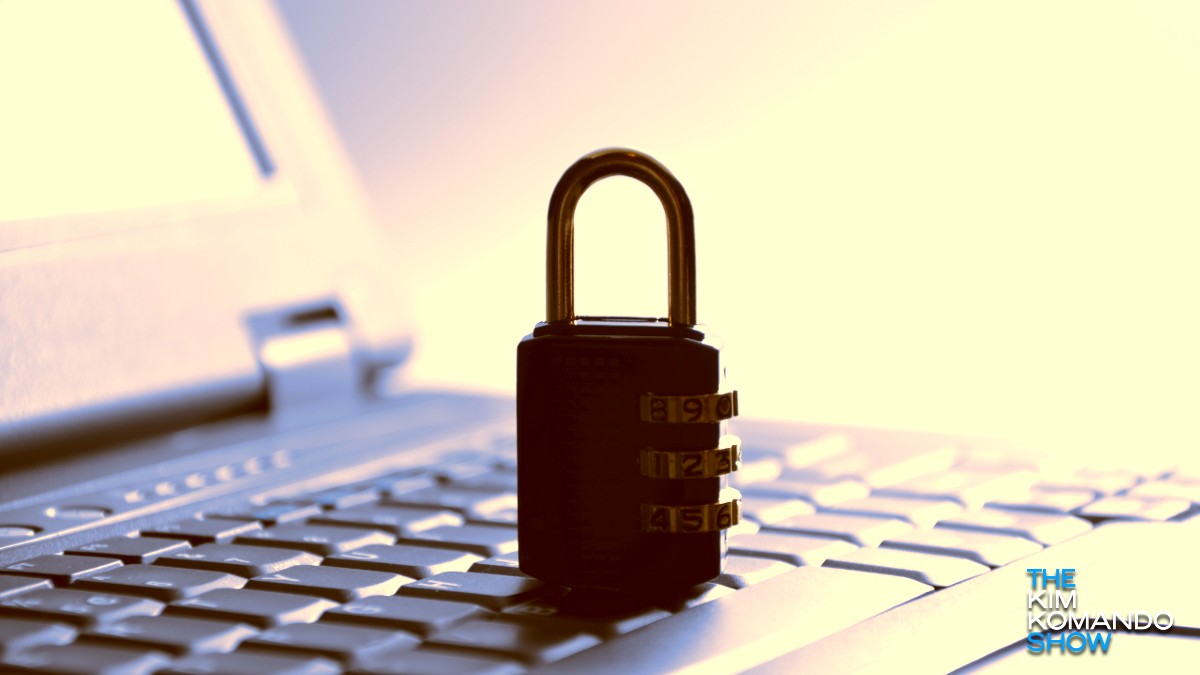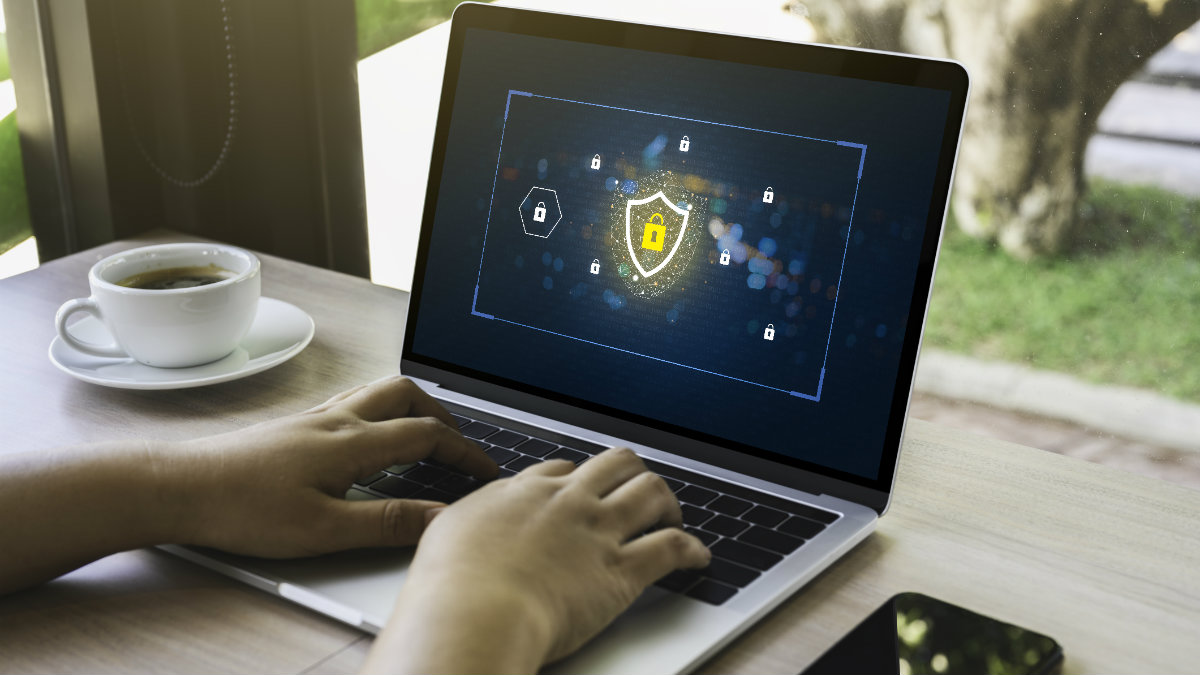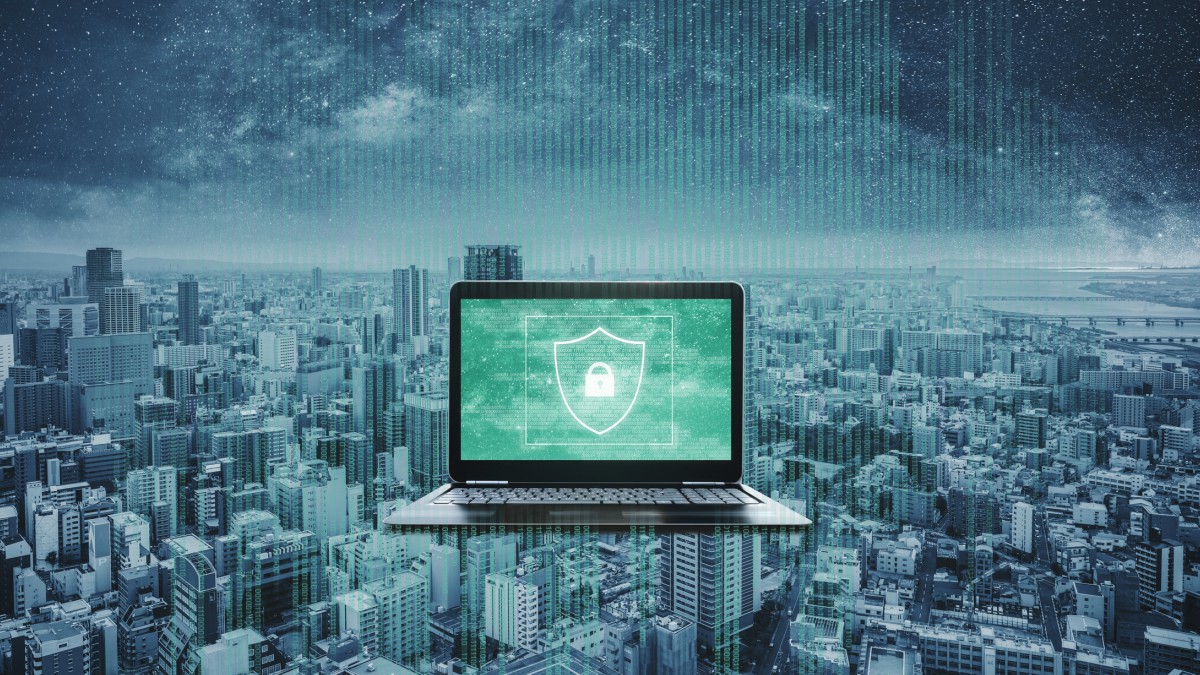Change this one setting to get faster internet speeds

Slow internet speeds are incredibly frustrating. You pay a boatload of cash to your internet service provider, and your connection is spotty and slow.
Many things could be causing delays in your connection speed. We’ll go over each of these things at the end of the article, but we’re going to focus on your DNS or domain name system for now.
What’s that, you ask? A DNS is essentially a map of the internet. Think of it as a road map, with all of the web addresses you frequently visit and millions more that you don’t.
When you sign up for internet service, your provider assigns you to its DNS server. However, that isn’t always the best one to use. It could be bogged down with traffic, running inefficient software or any number of other problems.
If your computer can’t look up IP addresses quickly, it seriously slows down browsing. Fortunately, there are other DNS servers out there you can use. Keep in mind that speed isn’t the only reason to choose a new DNS. Many DNS systems include filtering to block inappropriate websites or other sites you don’t want to see.
Why your DNS server matters
While having your ISP assign your DNS servers automatically is convenient, it opens up its own set of issues. Depending on your provider, its DNS systems can be slow and inefficient, gumming up internet speeds.
Another issue is security. Using your ISP’s DNS servers allows it to track your activity like searches and the sites you visit, opening up all sorts of privacy issues. Many tech companies are opening up their own speedy and secure DNS systems to the public to address these concerns.
Phone book for the internet
A DNS or domain name system is often called the phone book for the internet. It’s a critical component of how the whole internet works, and it can dictate how fast and secure data is delivered to you.
Here’s a simple way of putting it. A DNS server translates IP addresses of websites to domain names that are easier to read and remember. For example, Google.com is translated to the IP address 74.125.239.2 and vice-versa. The communication between your computer and a DNS system is critical to direct web traffic correctly.
Best DNS servers you can try
5 free security downloads every computer needs

We’re constantly seeing spikes in phishing attacks, malicious websites and other dangers lurking on the web. All that adds up to big money. According to the U.S. Federal Trade Commission, consumers lost more than $3.3 billion to fraud in 2020.
5 free downloads to keep your PC or Mac secure

The FBI has seen a significant spike in cybercrime reports since the onset of the COVID-19 pandemic. Hackers, scammers, and snoops are having a field day. Be sure to check for any updates to your gear.
A bug has been found in 79 different popular router models that let hackers remotely take over your devices. Tap or click here for the complete list of affected routers and how to protect your network. Phones are targets, too. Tap or click here for a specialized app that will tell you if your iPhone has been hacked.
Kim's free security pick that needs to be on all your devices

Cybercrime, data breaches and internet attacks are on the rise. Between sophisticated new tools and the global pandemic, numbers are off the charts.
Some of the more popular schemes used by cybercriminals are phishing attacks, website misdirections and cloned sites. They often build real-looking websites that copy a legitimate brand or service’s official site to fool you into giving out your personal data, credentials and financial information.
